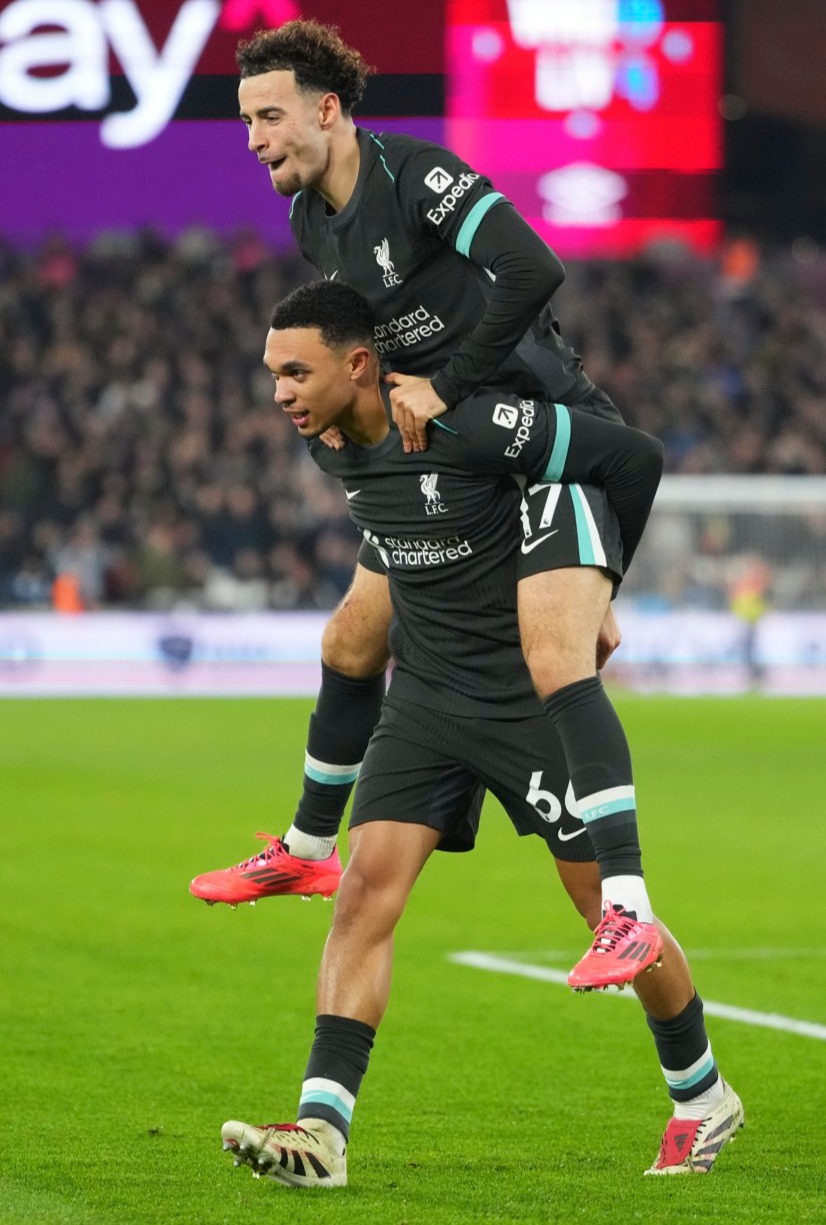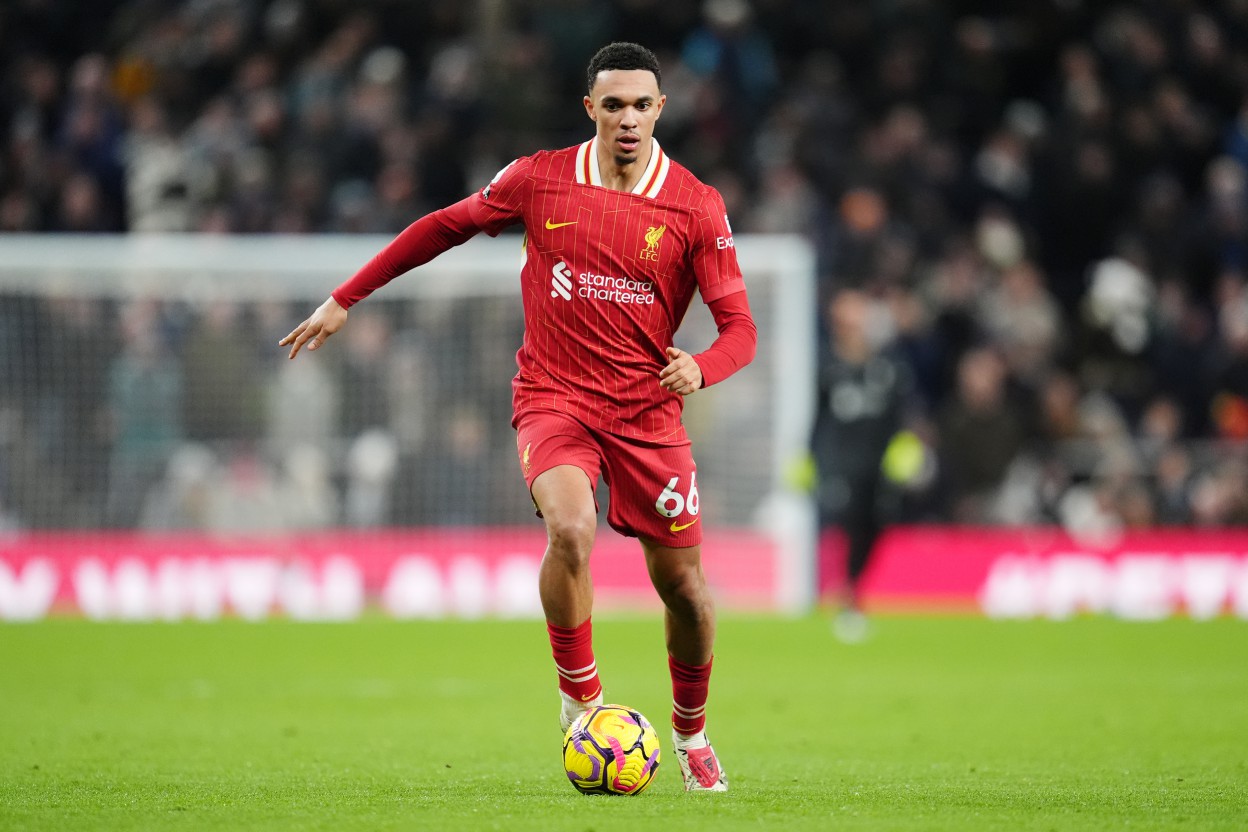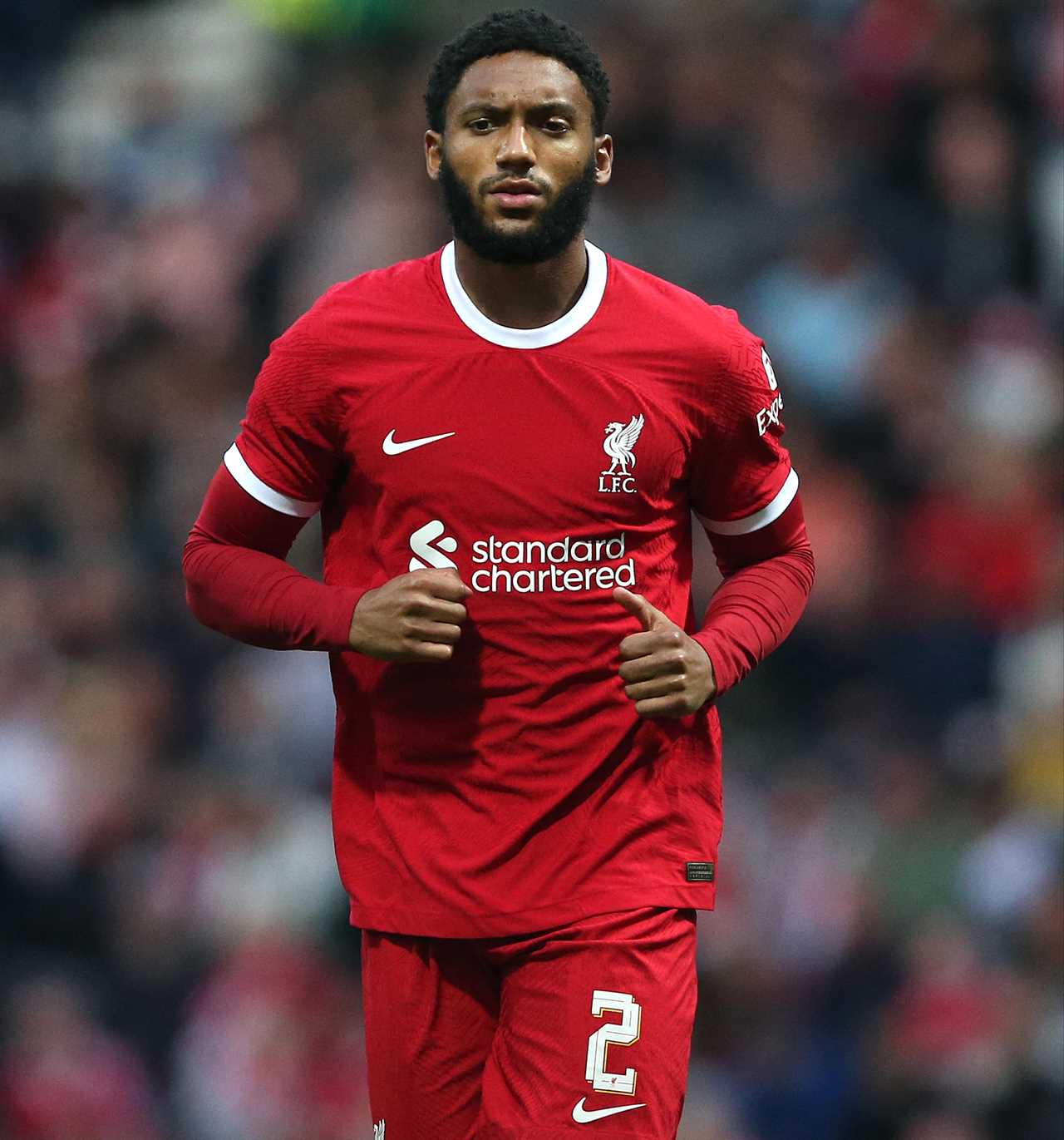
Heavy Reliance on a Single Star
Liverpool have established themselves as premier contenders in the English top flight. However, their success is closely tied to the contributions of English players, particularly Trent Alexander-Arnold. As one of the most influential homegrown talents, Alexander-Arnold’s potential move to Real Madrid could significantly impact the club’s domestic standing.
English Players Dominating Playtime
Under Arne Slot’s leadership, Liverpool’s English contingent has amassed the second-highest total of minutes in all competitions. Despite fielding a variety of English players, Alexander-Arnold alone has accounted for nearly 35% of the total playing time, making him indispensable to the squad.
Potential Drop to Lowest English Minutes
In the Premier League, Liverpool’s English players have played a total of 4,258 minutes this season, ranking fifth among their peers. With Alexander-Arnold contributing over half of these minutes, his departure could see this figure plummet to just over 2,100 minutes. This would place Liverpool at the bottom of the table, surpassing only teams like Wolverhampton Wanderers.
Impact on England’s National Team Pool
If Alexander-Arnold leaves and is replaced by a non-English player, Liverpool could have the fewest English minutes in the Premier League next season. This scenario poses challenges for England’s national team manager, Thomas Tuchel, in selecting players from top-performing clubs.

Historical Context of Liverpool’s Player Selection
Liverpool has a long history of looking beyond English borders for talent. From their early days as the "Team of all the Macs" to the current era featuring Scottish stalwarts like Andy Robertson, the club has thrived on international diversity. This approach has been a cornerstone of their success over the decades.
European Success Tied to English Leadership
Throughout Liverpool’s six European Cup and Champions League triumphs, English players have consistently played key roles. The team has never started a European final without an English player, underscoring the importance of their contributions to continental glory.
Potential End to a Proud Tradition
Alexander-Arnold’s departure could mark a significant shift in Liverpool’s approach to player selection. Without a regular English starter, the club risks ending a proud tradition of strong English representation in their lineup, which has been pivotal in their recent successes.
Looking Ahead: What’s Next for Liverpool?
As the summer transfer window approaches, Liverpool faces a critical decision. Securing their position as a top team while maintaining a robust English presence will require strategic planning. The club’s ability to develop or acquire new English talent will be crucial in ensuring continued success both domestically and in Europe.

Conclusion: A Pivotal Moment for the Reds
The potential loss of Trent Alexander-Arnold represents more than just a transfer; it challenges the very fabric of Liverpool’s team dynamics and their contribution to English football. How the club navigates this possible transition will have lasting implications for their future performance and their role in the national team’s player pool.
Frequently Asked Questions
What is required to play football?
The basic football equipment includes the following: a jersey or t-shirt, shorts (or shin guards), stockings, football boots or cleats. Goalkeepers often require extra gear, such as gloves or padded clothing that protects them from injuries during dives and leaps. The correct clothing is essential for all players in order to stay safe and follow the rules.
How can I determine the type of football boots that are best for me?
Choosing the right football boot depends on the surface that you'll play on. For natural grass pitches, cleats with metal studs (FG - firm ground) are advisable as they provide traction and stability. Boots with a flat sole or boots with many small rubber studs are ideal for artificial turf. They offer better grip, and can reduce injury risk. Indoor courts require rubber soles with non-marking properties to allow for adequate movement while preventing damage to the court surface.
Should I wear compression clothing when playing soccer?
Compression gear, such as shorts, leggings, or tops, can be beneficial for football players as they may help increase blood circulation, reduce muscle fatigue, and speed up recovery post-game or training. The tightly fitting material is also believed to provide a degree of muscle stabilization. The choice to wear compression equipment is personal. Comfort should be the main consideration when selecting this type of equipment.
Do I need to wear specific football clothing, or is it okay to wear other athletic gear?
The clothing for football is different from other athletic wear. This is because it is specifically designed to enhance comfort and performance on the field. Jerseys and shorts are usually made of lightweight, breathable materials that allow for optimal airflow, reducing overheating and sweat build-up. The fit of the jerseys and shorts is designed to provide a full range-of-motion, improving your agility and response time during play.
How can I be sure that my football shoes are fitted correctly?
For a proper fit, your football boots should be snug, but not too tight. This will allow for movement, without allowing the foot to slide inside the boot. It is important to leave a small space between the toes on the boot's front and your thumb to avoid the toes being squeezed in during running or kicking. The width of the foot is also important. Choose a boot with a wide or narrow fit. Try on your boots with socks, and make sure they are fully laced.
Statistics
- A survey found that nearly 80% of football players believe that high-quality football socks are essential for optimal performance.
- Around 25% of youth football players have reported using equipment that is either outdated or not suited to their position on the field.
- Studies show that the proper use of shin guards can reduce the risk of injuries in football players by up to 70%.
- Globally, the demand for lightweight football cleats has risen by about 30% in the past decade, reflecting changes in player preferences and playing styles.
- Goalkeeper gloves with advanced grip technology have been adopted by 85% of professional goalkeepers in top leagues around the world.
External Links
How To
How To Select Football Equipment that meets League Standards
You must make sure that the equipment you choose complies with your league's rules. Consult your league's ruling body to find out which equipment and branding are approved. These specifications usually include helmets as well as shoulder pads, footwear, and gloves. Keep informed of any rule changes that might affect gear; this is especially relevant for those playing at higher levels where equipment regulations may be more stringent. It is important to comply with the rules and regulations. This will ensure your safety as well as avoid penalties or disqualification.
 CricketBoxingFormula 1GolfHorse RacingPremier LeagueTennisPrivacy PolicyTerms And Conditions
CricketBoxingFormula 1GolfHorse RacingPremier LeagueTennisPrivacy PolicyTerms And Conditions
